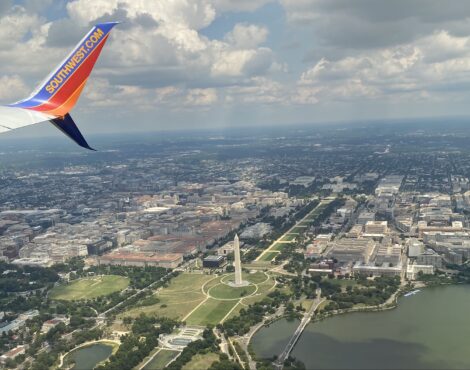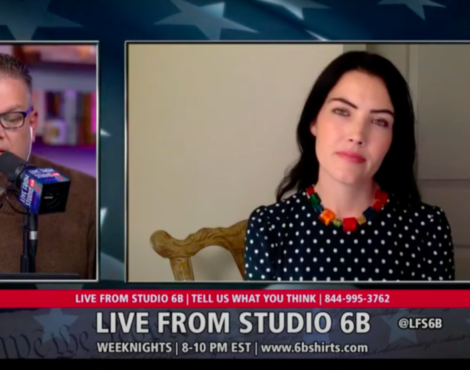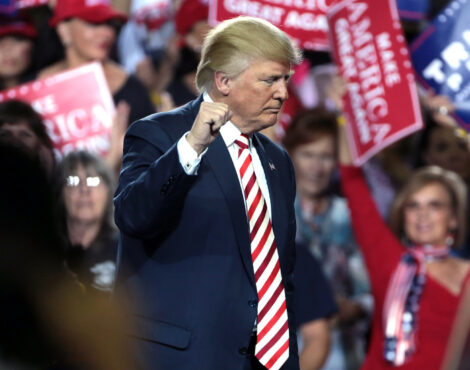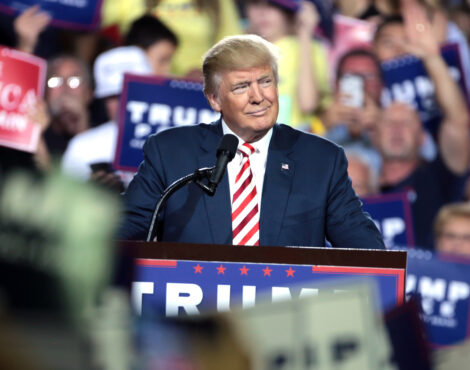
This evening, a panel of the Fifth Circuit—after an expedited briefing schedule—reaffirmed its initial stay in BST Holdings, L.L.C. v. OSHA, No. 21-60845.
This stay stops OSHA from taking any action to enforce the mandate while the court considers the petitioners’ request for a permanent injunction against the mandate. A court’s decision to grant a stay pending briefing on the merits of an injunction is always important. It is very likely a preview of the final outcome of the case, because to determine whether or not to grant the stay in the first place, the court considers four factors, the first of which is likelihood of success on the merits. In this case, Judge Engelhardt, writing for a unanimous panel, said that the petitioners are, “for a multitude of reasons,” likely to succeed on the merits.
In its emergency stay last week, the panel said there was reason to believe the mandate suffers from grave statutory and constitutional issues, and tonight the panel fleshed out both those points.
On the statutory front, the panel noted that this a rare government action where the rule is both over inclusive (blanket approach that does not take into account varying types of businesses and the attendant COVID risks) and underinclusive (100 is an arbitrary number to address an alleged “grave danger”).
As I have discussed on Instagram before, OSHA issued this rule under its emergency authority, and it must meet an exacting statutory standard to do so. The court analyzed the ways in which this rule fails to meet the standard. I will link to the full opinion for those who want to get in the weeds. Suffice to say, the opinion makes clear the rule is riddled with problems.
The court’s analysis of the statutory flaws is satisfying from a legal perspective, but the court’s gripe with the more fundamental constitutional infirmities presents a restatement of critical constitutional principles at a time when the sand is shifting under the very foundations of our republic.
The court said that the mandate “likely exceeds the federal government’s authority under the Commerce Clause because it regulates noneconomic inactivity that falls squarely within the States’ police power,” and second, “separation of powers principles cast doubt over the Mandate’s assertion of virtually unlimited power to control individual conduct under the guise of a workplace regulation.”
I talked a little about the state police power versus federal government authority in this post on The Federalisttoward the beginning of the pandemic. Maintaining the balance between the federal government and the states is critical right now as the Left attempts to consolidate power. The states cannot cede an inch to the federal government and must, to the best of their ability, apply pressure in return. It is heartening to see a federal court defend these constitutional principles, and I hope that the grassroots takes heart at this and continues to protect and defend these principles in whatever way we can, too.
The court breezed through the remaining factors, finding that the petitioners would suffer serious harm absent a stay, that the respondents will suffer no harm by a stay, and finally that the stay is in the public interest. This last bit had perhaps my favorite part of the opinion:
The public interest is also served by maintaining our constitutional structure and maintaining the liberty of individuals to make intensely personal decisions according to their own convictions—even, or perhaps particularly, when those decisions frustrate government officials.
That’s really a central element to this vaccine debate. There is a large group of people in power (BigTech, etc) and government who think that they can tell other people what to do. But the Constitution is the controlling document of a counter-majoritarian form of self-government—a form of government that seeks to defend the dissenter against the mob. Thank God the Fifth Circuit is articulating that. We all have to take up the chorus.
Where we go from here is a little less clear to me. Normally, it would proceed to the merits, but looming in the background (or the forefront, I suppose) of this litigation is the multi-circuit lottery. The federal rules provide that in this type of challenge to an agency rule and when multiple circuits are fielding challenges, the challenge shall be assigned to a single circuit at random. This is stressful because some circuits are better for us than others. I can tell you there are a lot of federal judges out there who are comfortable with a vaccine mandate and would find their way to upholding this terrible rule if given the opportunity.
We shall see…
You can read the opinion here and track all the filings at Liberty Justice Center’s website here. I will update on any major developments here and on social media.







Molly, you may find this source helpful in the latest mandate legal battles, state by state… Corey is a very proficient researcher and is highly regarded by many
https://www.coreysdigs.com/law-order/resource-tracking-legal-action-legislation-against-covid-19-mandates/
I need clarification.. I understand this halts the mandates related to OSHA.. but what about the mandates linked to funding by Medicare/Medicaid.. the healthcare industry. Any institution that RECEIVES funds from Medicare/Medicaid is still, from my understanding, vulnerable to these mandates. Right? This halt has no effect on healthcare workers? We are still being forced by this tyrannical government..